Sustainable Development Goals (SDGs)
The United Nation’s Sustainable Development Goals (SDGs) are a global blueprint for ending poverty, creating peace, protecting the planet, and creating prosperity for everyone by 2030.
The core of the agenda, the 17 Sustainable Development Goals (SDGs), are an urgent call for action by all countries – developed and developing – in a global partnership.
Organizations play an important role in achieving these goals and creating a better and safe world for all people and nature around the globe. Here you can read about how Free a Girl’s goals align with the SDGs.
SDG 5: Gender equality
SDG 5.2: To eliminate all forms of violence against all women and girls in public and private spheres, including trafficking and sexual and other types of exploitation.
This SDG lies at the core of Free a Girl’s work. All our rescue, aftercare and access to justice programs aim to eliminate the trafficking and sexual exploitation of girls.
SDG 16: Peace, Justice and Strong Institutions
SDG 16.2 To end abuse, exploitation, trafficking and all forms of violence and torture against children.
Girls make up around 95% of the minors we encounter during our investigation and rescue programs. We do intercept and rescue boys in our work, too. Free a Girl is fighting to end the exploitation of all children.
SDG 5: Gender equality
SDG 5.1: To end all forms of discrimination against women and girls everywhere.
Most women and girls in our program countries are sexually exploited because of their position within their families, communities and society in general. Due to existing gender norms and gender inequality, many problems disproportionately affect women and girls. They include domestic and sexual violence, lower pay, lack of access to education, and inadequate healthcare.
SDG 16: Peace, Justice and Strong Institutions
SDG 16.3 To promote the rule of law at the national and international levels and ensure equal access to justice for all.
One of the pillars of Free a Girl’s strategy is to provide access to justice for all survivors of sexual exploitation. In many countries where we work, most survivors don’t even file a complaint. This is often because they don’t trust the legal system, they lack knowledge about their position as victim, legal procedures are not child-friendly, and due to social stigma.
SDG 10: Reduce Inequality
SDG 10.2 By 2030 empower and promote the social, economic and political inclusion of all irrespective of age, sex, disability, race, ethnicity, origin, religion or economic or other status.
Most survivors of sexual exploitation are from marginalized backgrounds. Many are from very poor families or ethnic or religious minorities, and the majority of them are women and girls (95%). Once they have fallen victim to sexual exploitation, the social stigma is enormous and their chance of escape is minimal. They are discriminated against and excluded from multiple social, political and economic opportunities.
SDG 4: Education
SDG 4.7 By 2030 ensure all learners acquire knowledge and skills needed to promote sustainable development, including among others through education for sustainable development and sustainable lifestyles, human rights, gender equality, promotion of a culture of peace and non-violence, global citizenship, and appreciation of cultural diversity and of culture’s contribution to sustainable development.
Free a Girl works on this SDG through the School for Justice program in India, Nepal and Brazil. The School for Justice is a program for survivors who fell victim to sexual exploitation as minors. They train to become change agents, and help to fight child sexual exploitation and raise awareness in communities.
SDG 17: Partnerships for the goals
SDG 17.17 To encourage and promote effective public, public- private, and civil society partnerships, building on the experience and resourcing strategies of partnerships.
As the sexual exploitation of children is so widespread, tackling stigma and perceptions requires partnerships with public, private and civil society organizations. To carry out our rescues effectively and improve access to judicial support and compensation, Free a Girl and our partners build strong local networks with partners in government, other civil society organizations and companies. We focus in particular on the entertainment and tourist industries, where there is a lot of exploitation.
